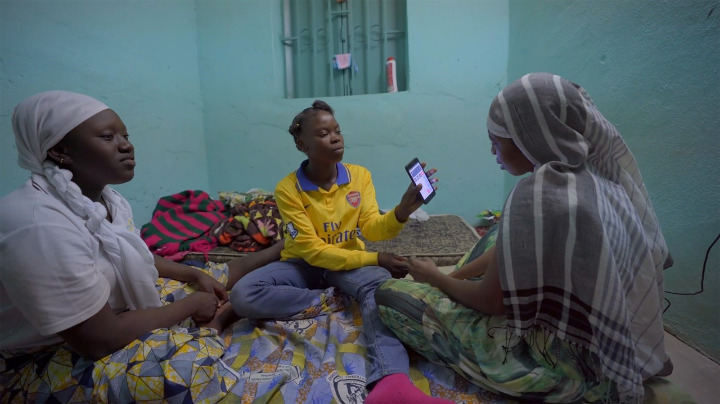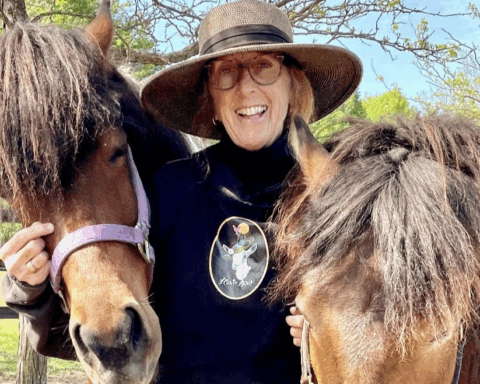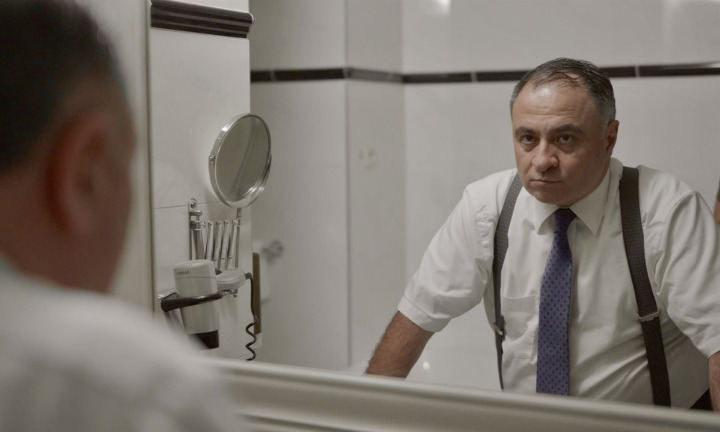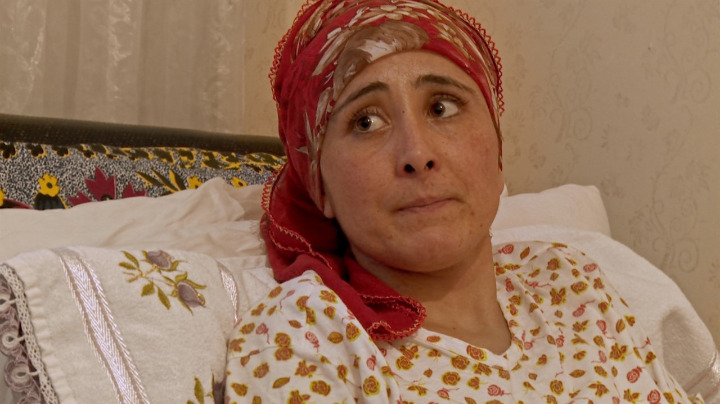The small city of Gao, in northeastern Mali, is a gateway for tens of thousands of African migrants attempting to make their way across the Sahara to the Mediterranean and Europe. Considered the last safe spot before the six-day journey across the desert, the city is a hub of human smuggling, people fleeing for escape or to new opportunities, with high risks of robbery, enslaved prostitution, and death from either natural causes or violence.
Mali-born filmmaker Ousamane Zoromé Samassékou’s The Last Shelter, one of the first films in the pan-African documentary initiative Generation Africa, focuses on a hostel financed by the Red Cross and the Catholic charity organization, Caritas.
The Gao Caritas hostel provides a home for up to seventy people for short-term stays, with food, shelter, legal advice and group counselling. The film begins with another of the organization’s duties — maintaining a local cemetery for migrants, with grave markers that indicate home countries (Togo, Guinea, Nigeria and so on). Part of the hostel’s policy is to have at least one phone number from a new resident, to inform a relative at home if they are safe.
The residents, fleeing their families or enemies, spend their days sleeping on palettes on the floor, playing checkers and chess, sharing stories and watching American wrestling on television, while they wait for drivers, either to take them home or north to the desert.
The film focuses on two 16-year-old girls, Esther and Kady, from Burkina Faso, who are determined to make it to Europe because of their unhappy home lives. During their stay, they make it a mission to befriend Natacha, an apparently traumatized woman in her late forties, creating an improvised family unit.
The paternal hostel administrator has one rule – “Let your folks know where you are even if they don’t care” although even that can be absurdly difficult to enforce. “Esther, I am not asking you personal information to harm you. I want to help you. You are telling me you have no birth certificate, no Parents, no known place of birth. You don’t know your last name. That’s a lot.”
To underscore the mood of resigned melancholy and trepidation, Samassékou returns us repeatedly to images of the vacant desert, accompanied by sounds of wind, eerie music, or the collective voices of the migrant house residents, a babble of fears and hopes.
The Last Shelter premieres at Hot Docs 2021.













